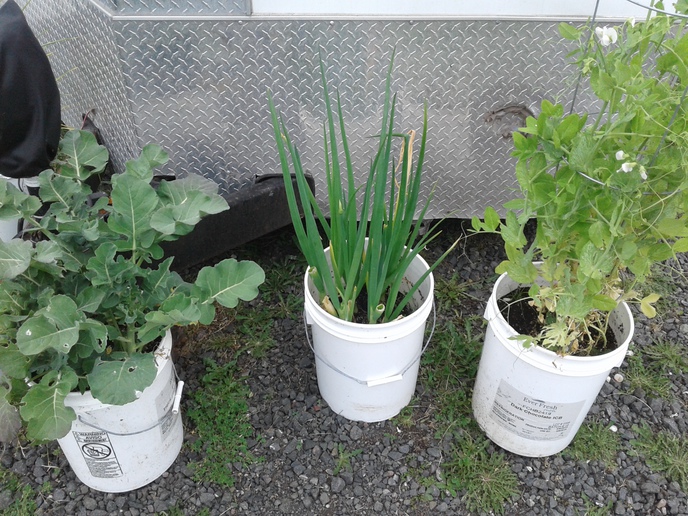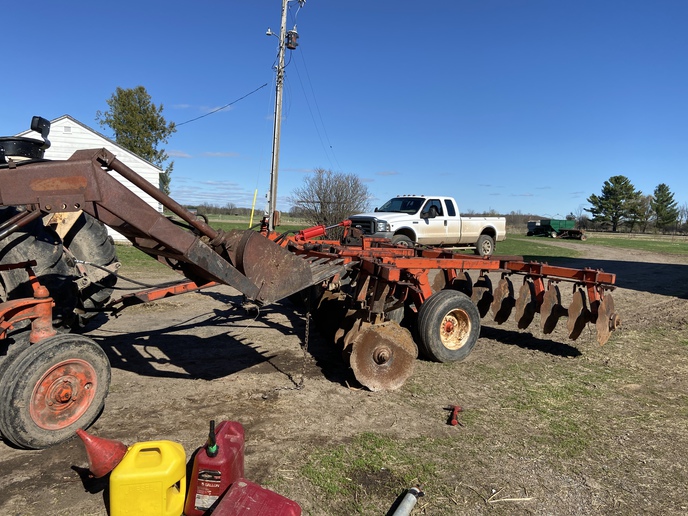larry@stinescorner
Well-known Member
The post below got me thinking
I worked at a farm/slaughterhouse when I was young,,in the town I grew up in in NJ.The family had a
560 gas,tricycle type.It would drink gas.
My neighbor in PA bought a real nice Oliver 770?Gas tractor at a sale.He was a young boy then,,his
grandpa and him had the tractor looking beautiful.
One day I was there when they were loading it up to take it to the sale.
I asked why? His grandfather said,,if you do any work at all with that tractor,you will go broke
filling up the gas tank!
Does anyone else remember or know of some notoriously thirsty tractors?
I worked at a farm/slaughterhouse when I was young,,in the town I grew up in in NJ.The family had a
560 gas,tricycle type.It would drink gas.
My neighbor in PA bought a real nice Oliver 770?Gas tractor at a sale.He was a young boy then,,his
grandpa and him had the tractor looking beautiful.
One day I was there when they were loading it up to take it to the sale.
I asked why? His grandfather said,,if you do any work at all with that tractor,you will go broke
filling up the gas tank!
Does anyone else remember or know of some notoriously thirsty tractors?




